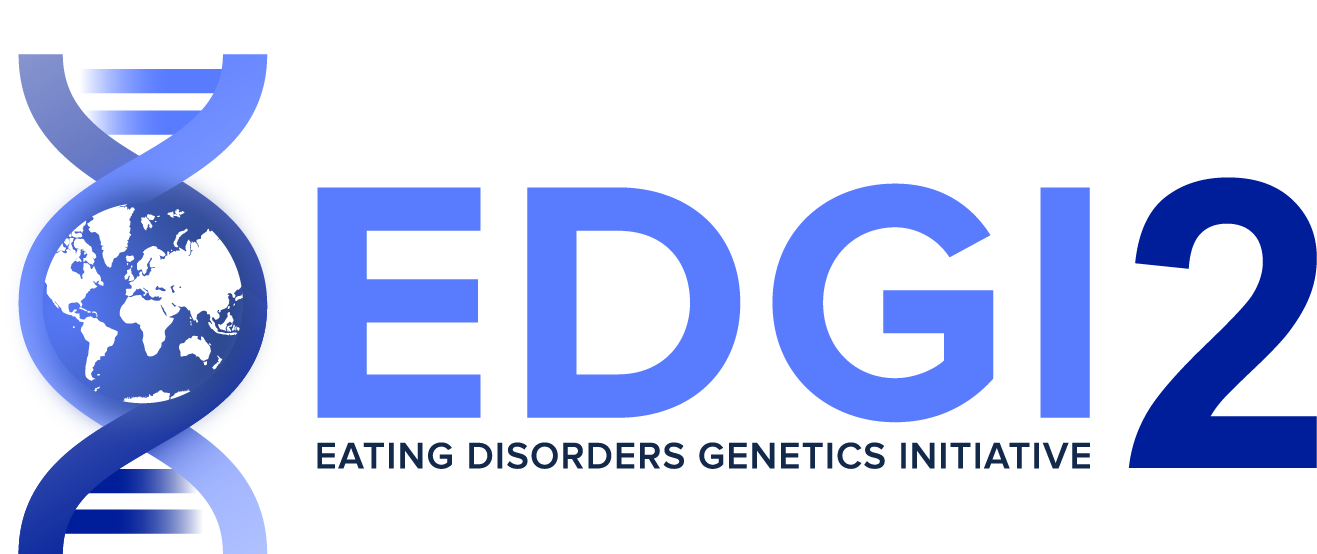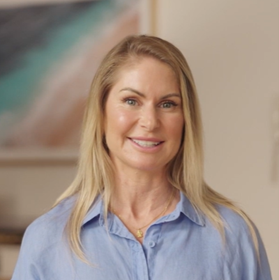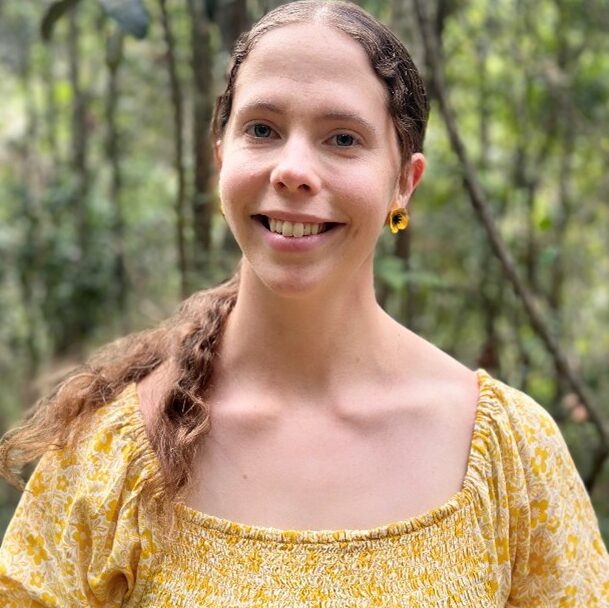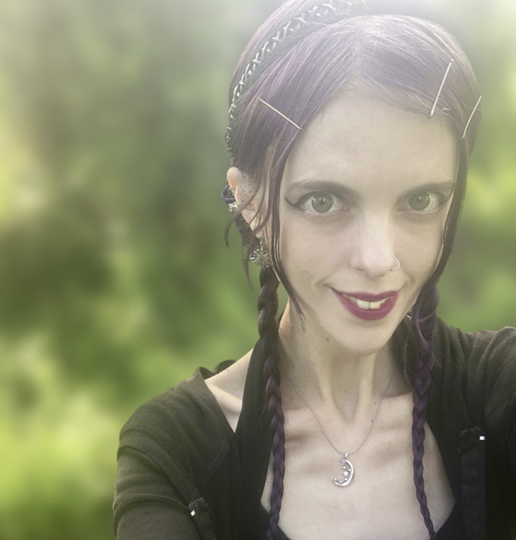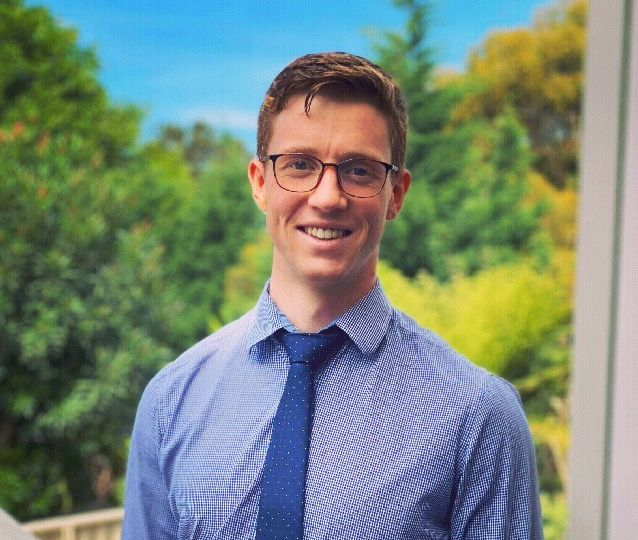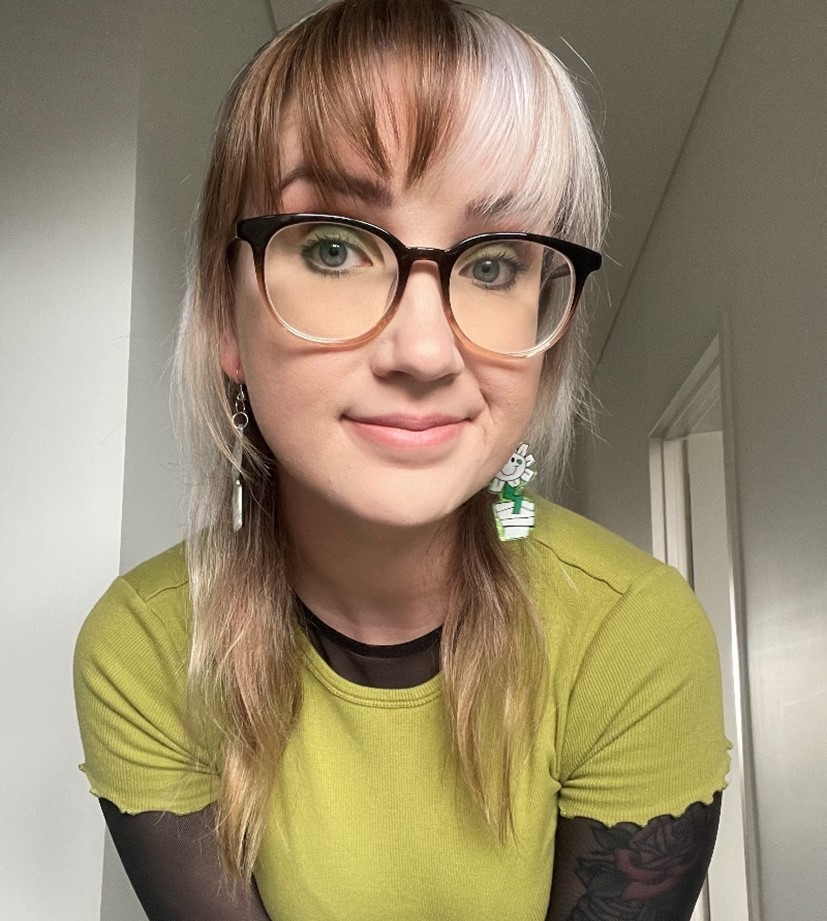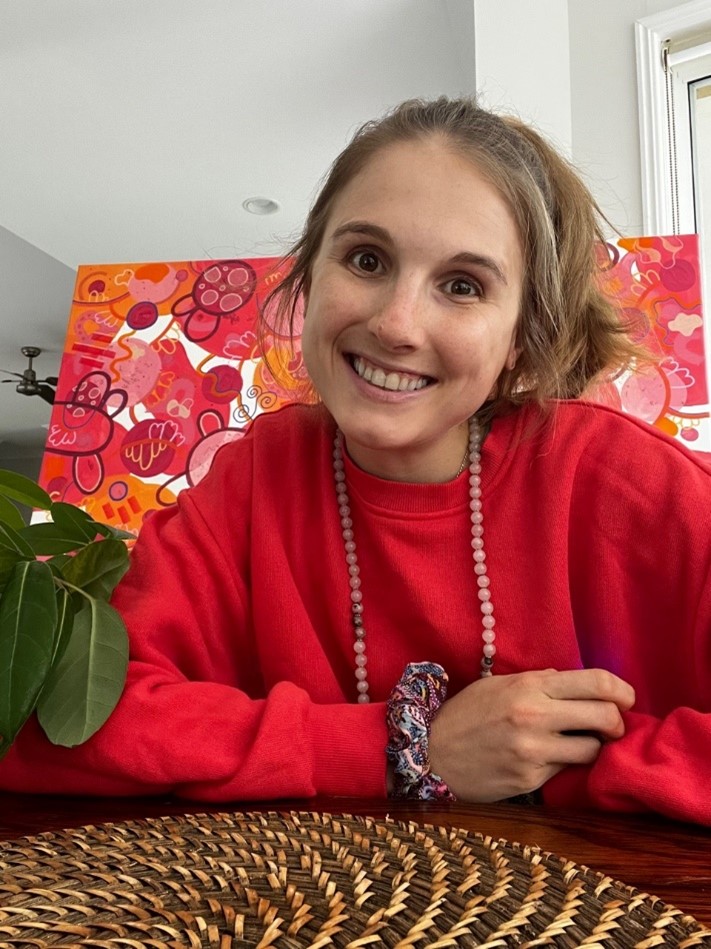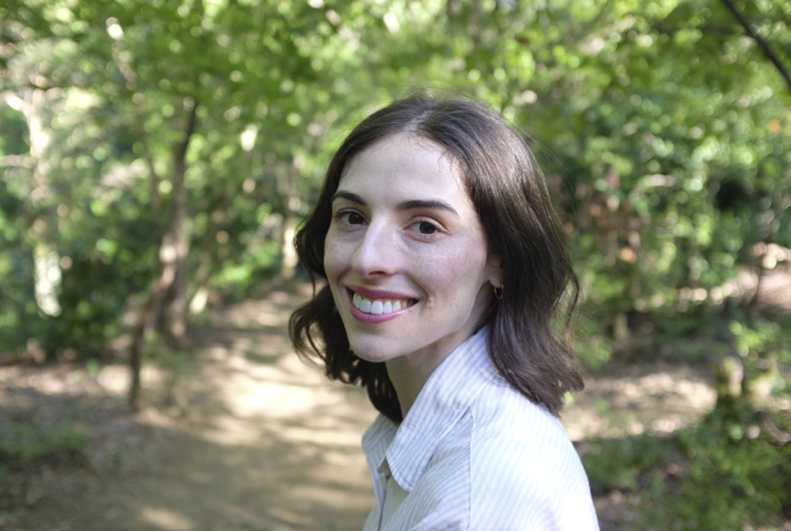Sydneysider Beck, 37, struggled with anorexia nervosa for 14 years.
Anorexia nervosa is a serious and complex mental disease with psychiatric and physical symptoms.1, 2 It is characterised by the severe restriction of food intake, and generally results in maintaining a significantly (and dangerously) low body weight.3
Beck’s eating disorder began at 15, but it wasn’t formally diagnosed until she was 17, after seeing two psychiatrists.
Beck describes her eating disorder as a biopsychosocial illness – a condition influenced by a combination of biological, psychological, and social factors – with no clear trigger.4 Raised in a loving, supportive home, she believes significant weight loss, along with social and environmental pressures, contributed to the illness developing.
Pre-diagnosis, Beck experienced severe weight loss, malnutrition, and a distorted relationship with food. She became withdrawn and irritable, struggled to maintain relationships, and despite clear signs of illness and concerns from her mother, was unable to accept anything was wrong.
After her diagnosis, Beck felt frustrated and annoyed, unable to recognise she was sick, despite her severe malnutrition.
Beck tried a range of treatment options, including public and private inpatient hospital care, day programs and outpatient therapy. She experienced periods of wellness before a severe relapse in 2017. Hitting her “rock-bottom”, in 2018, she started working with a recovery coach, which marked the start of her full recovery.
Beck reflects on her eating disorder, which had a significant impact on her physical and mental health, relationships, and youth, leaving long lasting physical effects and a profound sense of lost time.
While no one else in her family is formally diagnosed, Beck suspects disordered eating on both sides of her family.
Beck has chosen to participate in the Eating Disorders Genetics Initiative 2 (EDGI2) – the world’s largest genetic investigation of eating disorders ever performed, that aims to identify the hundreds of genes that influence a person’s risk of developing complex, devastating eating disorders – including anorexia nervosa, bulimia nervosa, binge-eating disorder and ARFID – to improve treatment, and ultimately, save lives.
EDGI2 follows the ground-breaking advances made in the initial EDGI investigation and collaborative Anorexia Nervosa Genetics Initiative (ANGI), in which researchers, including the EDGI team, identified the first eight regions of the genome for anorexia nervosa that implicate both psychiatric and metabolic causes for the condition.
This was a total surprise and a finding that urgently needs replication and expansion to fully understand the pathways that lead to this debilitating condition – hence the need for a much larger sample size and participants who have experienced ALL eating disorders, which is the aim of the EDGI2.
This is Beck’s story.
Beck started to show signs of an eating disorder at 15 years of age, but wasn’t formally diagnosed until 17.
“My eating disorder started when I was 15. My mother was very proactive and recognised something was wrong.
“The psychiatrist I saw at the time didn’t officially diagnose me. It wasn’t until I was 17 and saw a different psychiatrist that I was formally diagnosed,” said Beck.
Beck reflects on the severe impact her eating disorder had on both her physical and mental well-being.
“I had definitely deteriorated physically. I had lost a significant amount of weight and was emaciated. I was severely malnourished and had disturbed relationships with, and approaches to food.
“I had many personality changes. I was angry and had ‘anosognosia’ – a condition where you don’t recognise you’re ill, often involving both psychological defence mechanisms and changes in how the brain functions,” Beck said.5
“I had difficulty maintaining good relationships with family and friends. My illness got in the way of connecting with people.”
Reflecting on the onset of her eating disorder, Beck explains there was no specific trigger, but rather, a combination of biological, psychological, and social factors.
“I grew up in the most loving family. They always gave me what I needed and more, and I had fantastic educational opportunities.
“I had friends as well, so I was socially connected,” said Beck.
” I think of my eating disorder as a bio-psychosocial illness.
“I didn’t have a particular psychological event or trauma that triggered it,” Beck said.
Beck describes her initial resistance to treatment, not recognising the severity of her illness at the time.
“I was in complete denial, severely malnourished, yet didn’t see myself as sick. I thought the worry was completely unnecessary.
“I was quite frustrated and annoyed at being put into treatment because I didn’t think anything was wrong,” said Beck.
Beck shares the profound, lasting impact her eating disorder has had on every aspect of her life.
“I lost most of my friends and my youth, which should have been the best years of my life.
“My illness has caused permanent damage to various body systems, and I have to live with, and manage that every day,” Beck said.
“I’ve had to work incredibly hard to reclaim some of that lost time – and honestly, the hardest thing is the loss of time.”
Beck explains why research and initiatives like EDGI2 are crucial to improving how we understand and treat eating disorders.
“We can only work with the information we have. The more informed we are, the better we can understand eating disorders, identify who’s at risk, and determine what interventions are required.
“To build our evidence base, we rely on people being generous enough to share their experiences and provide the data that helps generate meaningful insights,” said Beck.
To volunteer for, or learn more about the Eating Disorders Genetics Initiative 2, head to edgi2.org.au or email edgi2@qimrb.edu.au.
Should you suspect you, or a loved one, may be living with an eating disorder, speak to your local healthcare practitioner without delay, or head to insideoutinstitute.org.au to complete their online screener and assessment, and to access more information and professional support.
Australian professional patient support services offering 24/7 helpline services include:
- Butterfly National Helpline: 1800 334 673
- Beyond Blue: 1300 22 4636
- LifeLine: 13 11 14
- Men’s Line Australia: 1300 78 99 78
- Kids Help Line: 1800 55 1800
